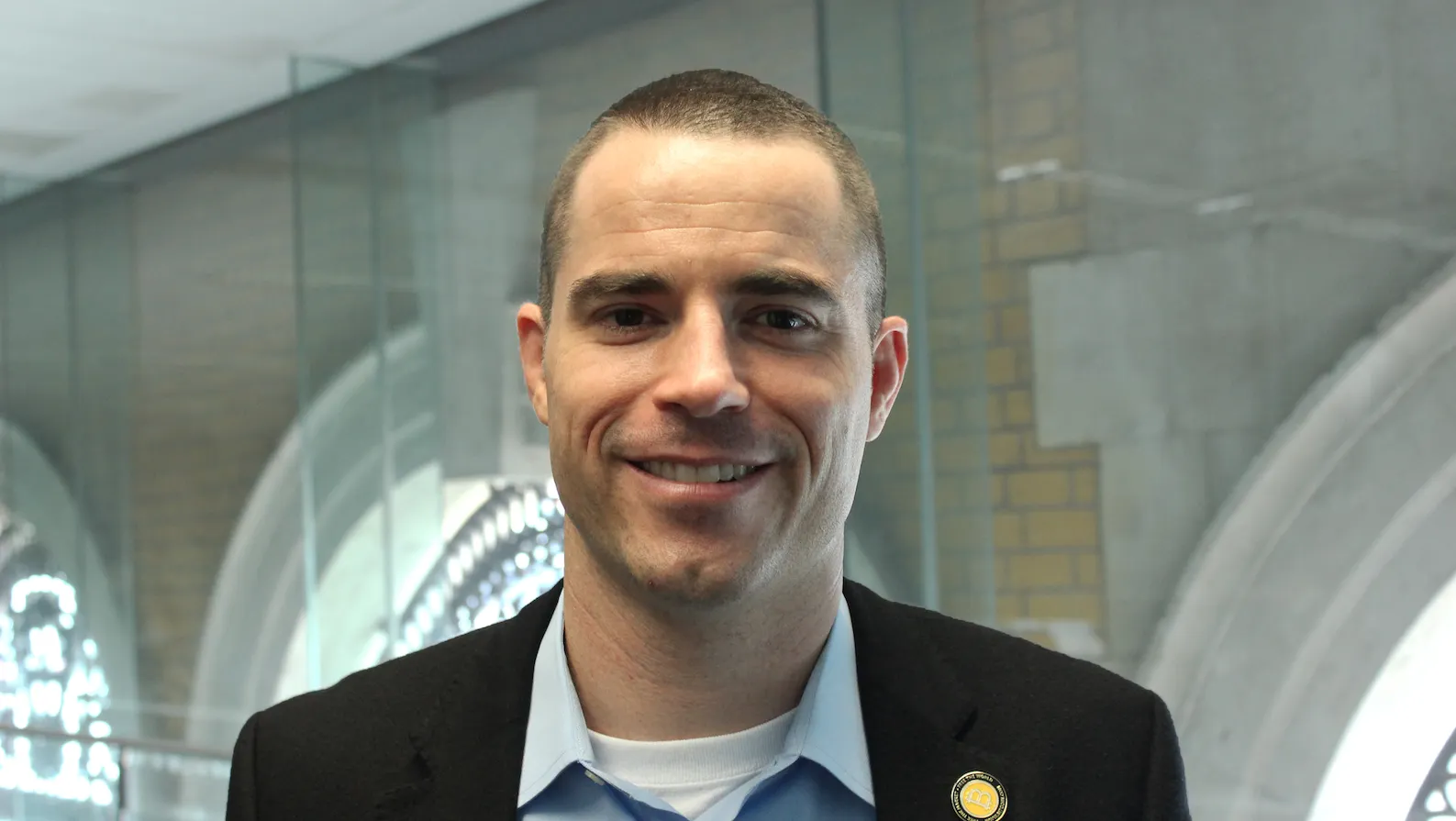It was with a cry of “lies and bullshit!” that Dr. Craig Wright, the chief scientist at blockchain research firm nChain, abruptly stormed out of a high stakes summit in Bangkok, Thailand on August 30. It had been hoped that the meeting would engender some sort of compromise among its high-profile attendees, who for several months now have been at each other’s throats over the future of Bitcoin Cash, the cryptocurrency that sprang from Bitcoin. Wright’s rage-quit, unsurprisingly, didn’t help.
The lowdown
The exact details of the dispute could pack out thirty (dull) books. But in brief, two Bitcoin Cash mining heavyweights plan to roll out seemingly incompatible updates across their hardware come November. In the majority position stands mining software provider Bitcoin ABC, flanked by mining giant Bitmain, both of whom want to make the ABC software slightly more efficient for the legions of miners that run it. On the other side of the divide, (smaller) mining giant Coingeek, fronted by Wright’s nChain, wants to increase Bitcoin Cash’s “blocksize”—which determines how many transactions it can process—to 128MB.
The fear is that all this bad blood will lead to a “hard fork” and split Bitcoin Cash in two, just like the original Bitcoin did when it birthed Bitcoin Cash last year. Wary holders worry that such a split would devalue the coin they hold dear, and cost it its esteem as the true executor of pseudonymous Bitcoin inventor Satoshi Nakamoto’s “vision.” Some third-parties plead for a compromise. But really, it’s a big pile of nothing.
O! Sweet nuthin

"It’s really a squabble over some minor details of the implementation; much less of an ideological divide than the one that led to the BCH/BTC split last year,” says Jake Smith, an advisor to bitcoin.com, a news site that heavily supports Bitcoin Cash, yet sits on the fence regarding the fork. Smith, who attended the summit, insists that, besides Mr. Wright himself, even nChain’s “most vocal supporters” were pretty ambivalent about the whole thing. Wright’s decision to storm out, Smith says, was more embarrassing than devastating: he left just as his senior advisors faced questions over what the hell he actually wanted, leaving them in the lurch. But even if Wright were held accountable, he would likely have made a weak case.
Wright’s hot take, it seems, is that his proposed update, Bitcoin SV (short for, sigh, “Satoshi’s Vision”), will draw in disgruntled ABC miners and drain Bitcoin Cash of its user base through sheer allure alone. The higher transaction rate, he charges, will bring the currency closer to the vision set out in the Satoshi White Paper, which describes Bitcoin as a “medium of exchange,” i.e. usable in real-world shops. At present, transaction times would make buying a coffee an all-day experience. But Roger Ver, a fork-neutral Bitcoin Cash evangelist who also attended the summit, points out that ABC wants the same block-size increase to happen too, just at the “next hard fork” due in May 2019. It hardly seems urgent.
Sophistry and illusion
Lack of urgency notwithstanding, the threat of a divisive hard fork does remain. Coingeek’s mining pool, as it stands, accounts for some 30 percent of Bitcoin Cash’s total mining output. A win for nChain et al could, feasibly, be enough of an incentive to attract a portion of ABC’s miners. But unless the fork splits the community 50-50, there’s little financial incentive to continue mining whichever chain is less successful. "I don’t expect the minority blockchain to last longer than a day or two before the miners on that chain capitulate and return to the majority chain”, says Smith.
Moreover, Wright’s not quite the big dog he claims to be. It’s true that Coingeek, his principal backer, holds sway over 30 percent of the Bitcoin Cash mining output. But Bitcoin ABC’s share accounts for almost everyone else. Wright is, essentially, backed by only his own company, which, er, isn’t much to boast about. The undecided have an obvious choice: stick with ABC, the established majority, or defect to Coingeek/nChain and pray everybody else will jump ship too. What’s more, Coinex, a major exchange, has already announced plans to list Wright’s proposed offshoot as simply “BSV,” effectively ending his mission to replace Bitcoin Cash before the results are even in.
The lessons we’ll learn along the way
In the event of a hard-fork, the only risk is to the heavyweights themselves, who will have to garner support from the miners who maintain the whole system or risk losing the billions they have staked on the currency's success. This can only be a force for good. In, forgive me, Satoshi’s White Paper, it says that Bitcoin must operate on a vote-by-vote basis, with one computer—i.e. a miner, not any individual—worth one vote. This need to defer to the popular vote, sage Redditor “ratifythis” explains, will put that thesis to the test. “Exciting times,” he adds. “Bitcoin finally working as intended.”
Exciting times for ratifythis, maybe. Yet the so-called “hash war,” ultimately, boils down to thousands of CPU owners deciding whether or not to...install a software update. Not quite Omaha Beach, is it?
Read Next: The Impossible Dream

